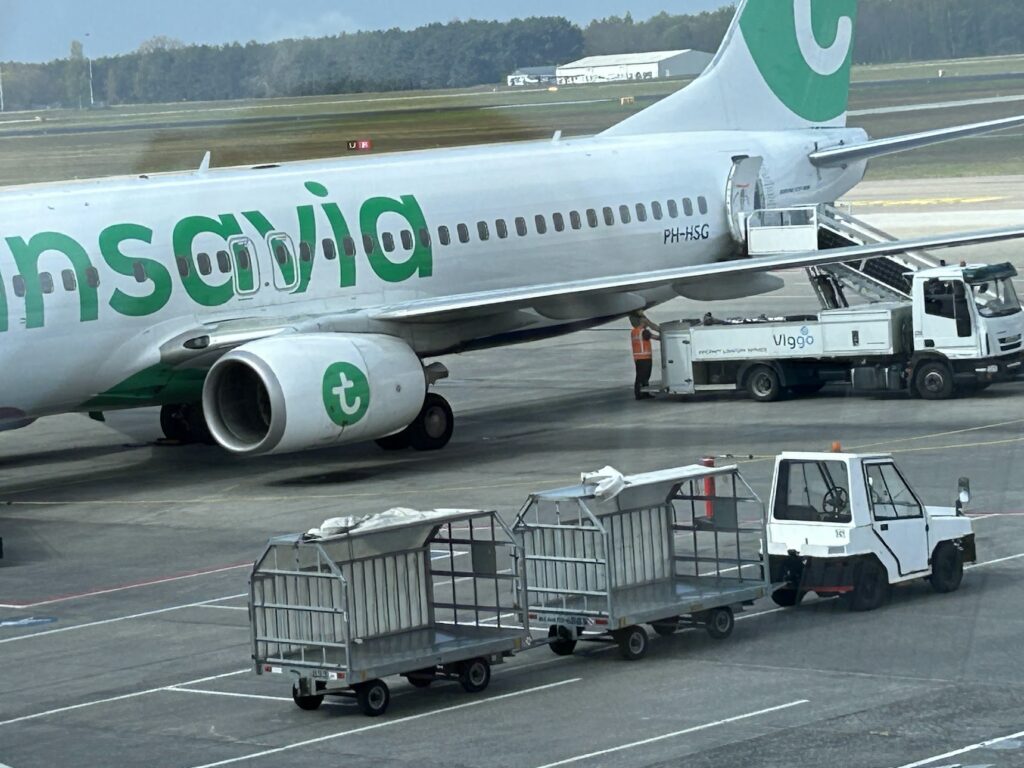The airline has landed at Rotterdam The Hague Airport (RTHA) several times after midnight without a valid reason.
The Human Environment and Transport Inspectorate (ILT) recently sent a strong signal to Transavia by imposing a penalty for multiple landings after midnight at Rotterdam The Hague Airport (RTHA), without a valid reason. This decision was taken to discourage future violations and protect the peace and quiet of local residents.
Transavia's repeated landings at late hours, specifically in May, June and August 2023, have led to this measure by the ILT. According to the Rotterdam The Hague Airport Conversion Regulation, commercial air traffic is limited between 23.00 p.m. and 07.00 a.m. to minimize noise pollution. Exceptions to this rule are permitted in the event of technical failures, extreme weather conditions, or delays due to air traffic control.
The ILT closely monitors RTHA's activities, including through regular reports from the airport. Night flights are subject to extra checks, and for landings between midnight and 01.00 a.m., the reason for the late arrival is specifically examined. The ILT assesses whether these reasons fall within the stated exceptions.

The ILT has made it clear that it will take strict action against this violations of the night flight restrictions. Transavia now faces a financial challenge. In the event of a subsequent violation, the airline will have to pay a penalty of €50.000, with a maximum of €250.000. These amounts are based on the savings an airline realizes through such landings. This measure emphasizes the seriousness of the situation and the commitment of the ILT to prevent a recurrence.
The Human Environment and Transport Inspectorate (ILT) not only has the responsibility to enforce the rules, but also to limit the impact on the local community. The restrictions on night flights have been introduced to minimize noise pollution for local residents. Areas surrounding airports are often densely populated, and the effects of noise pollution can be significant, ranging from sleep disturbances to negative health effects. Transavia's landings outside the permitted times therefore not only pose regulatory problems, but also have a direct impact on the quality of life of residents in the area.
Although Transavia has not immediately responded to the specific incidents, it is known that airlines often have to deal with unforeseen circumstances such as weather conditions, technical problems or air traffic delays that can lead to late landings. The company will likely have to take the necessary measures to prevent future violations, including better planning and communication with airport authorities.




